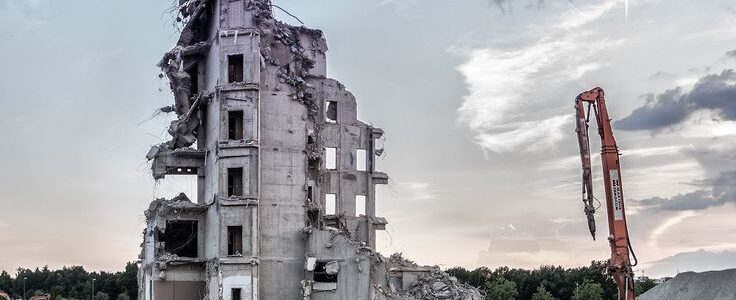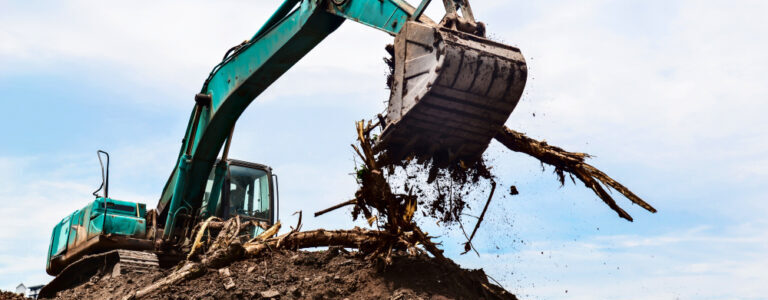Are you looking to revamp your property? Perhaps you’re considering a renovation project or starting fresh with a new construction? Whatever your plans entail, one crucial step in the process is demolition. However, demolition isn’t just about tearing down structures; it requires precision, expertise, and a commitment to safety. This is where professional demolition contractors in Melbourne come into play.
Melbourne, known for its vibrant culture and modern architecture, is a city constantly evolving. With numerous construction and redevelopment projects underway, the demand for reliable demolition services is higher than ever. Here’s why hiring a reputable demolition contractor in Melbourne is essential for your project’s success.
- Expertise and Experience: Demolition is a complex task that requires specialized knowledge and skills. Professional demolition contractors in Melbourne bring years of experience to the table. They understand the intricacies of different demolition techniques, including manual demolition, mechanical demolition, and controlled implosions. Their expertise allows them to assess each project’s unique requirements and develop customized demolition plans to ensure efficient and safe execution.
- Safety First Approach: Safety should always be the top priority on any demolition site. Demolition contractors in Melbourne adhere to strict safety standards and regulations to protect their workers, bystanders, and the surrounding environment. They invest in state-of-the-art equipment and employ trained professionals who prioritize safety at every stage of the demolition process. From securing permits to implementing effective safety protocols, reputable contractors take proactive measures to mitigate risks and prevent accidents.
- Regulatory Compliance: Navigating the regulatory landscape can be challenging for property owners undertaking demolition projects. Demolition contractors in Melbourne have a thorough understanding of local building codes, environmental regulations, and permit requirements. They handle all necessary paperwork and ensure compliance with relevant authorities, saving you time and hassle. By partnering with a reputable contractor, you can rest assured that your demolition project will be conducted in full compliance with legal requirements.
- Efficient Project Management: Time is of the essence in any construction project, and demolition is no exception. Professional demolition contractors in Melbourne prioritize efficiency without compromising on quality and safety. They develop detailed project schedules and timelines, leveraging their resources and expertise to complete the demolition process within the stipulated timeframe. Efficient project management not only minimizes disruptions but also helps you stay within budget and meet project deadlines.
- Environmental Responsibility: Sustainable demolition practices are becoming increasingly important in today’s environmentally conscious world. Demolition contractors in Melbourne embrace eco-friendly approaches to minimize waste generation and reduce environmental impact. They employ techniques such as deconstruction, salvage, and recycling to divert materials from landfills whenever possible. By choosing a contractor committed to environmental responsibility, you contribute to a more sustainable future while achieving your project goals.
Demolition is a critical phase of any construction or redevelopment project, and hiring professional demolition contractors in Melbourne is key to its success. From expertise and experience to safety compliance and environmental responsibility, reputable contractors offer comprehensive solutions tailored to your specific needs. By entrusting your demolition project to the experts, you can ensure a smooth and seamless process from start to finish.
Looking to lay the groundwork for your construction project in Melbourne? Our excavation contractors deliver precision, efficiency, and reliability. With years of experience and state-of-the-art equipment, we tackle projects of all sizes with finesse. From site preparation to trenching and grading, we handle every aspect of excavation with utmost professionalism. Our team prioritizes safety and adheres to strict industry standards, ensuring a smooth and seamless process from start to finish. Trust our excavation contractors in Melbourne to excavate your vision into reality.

